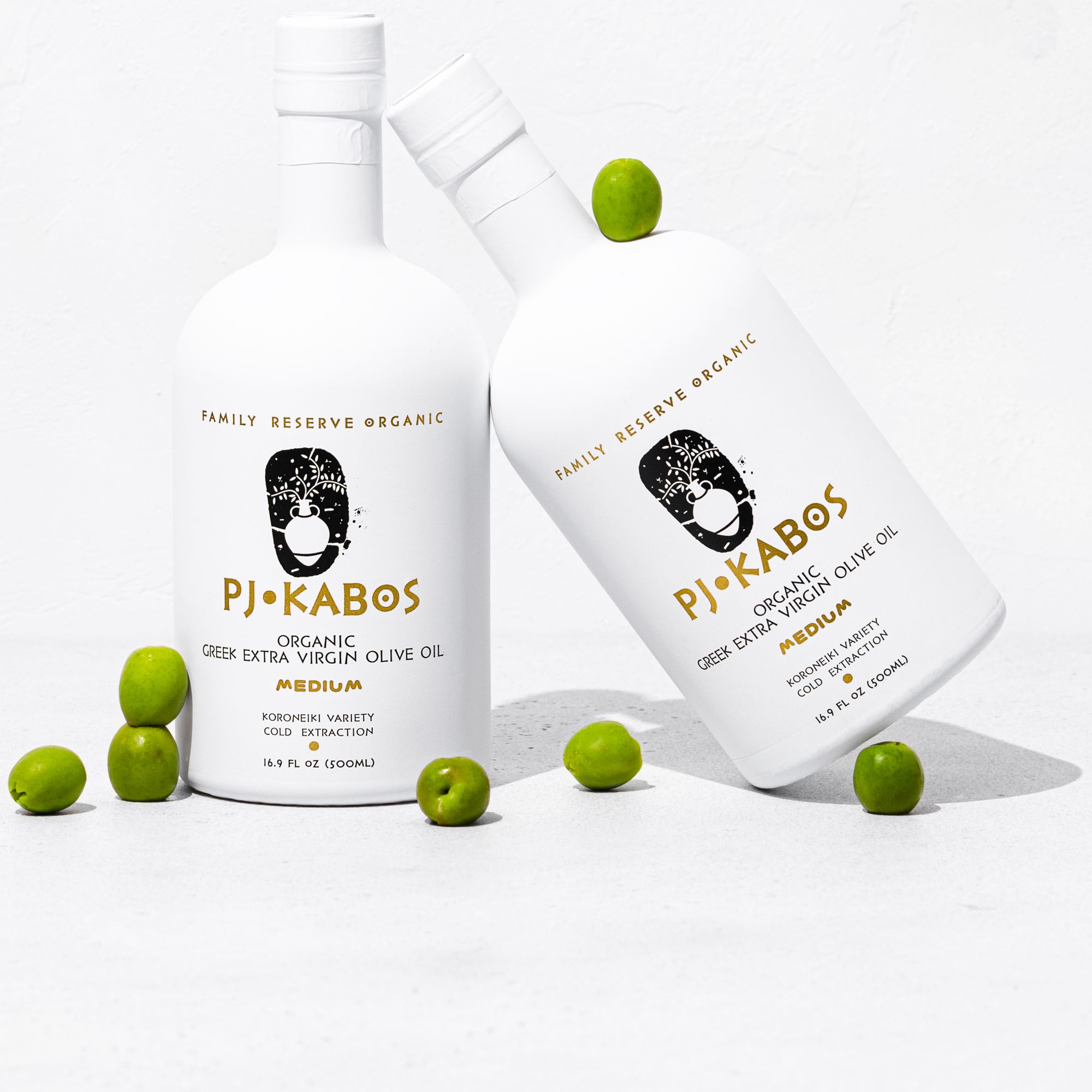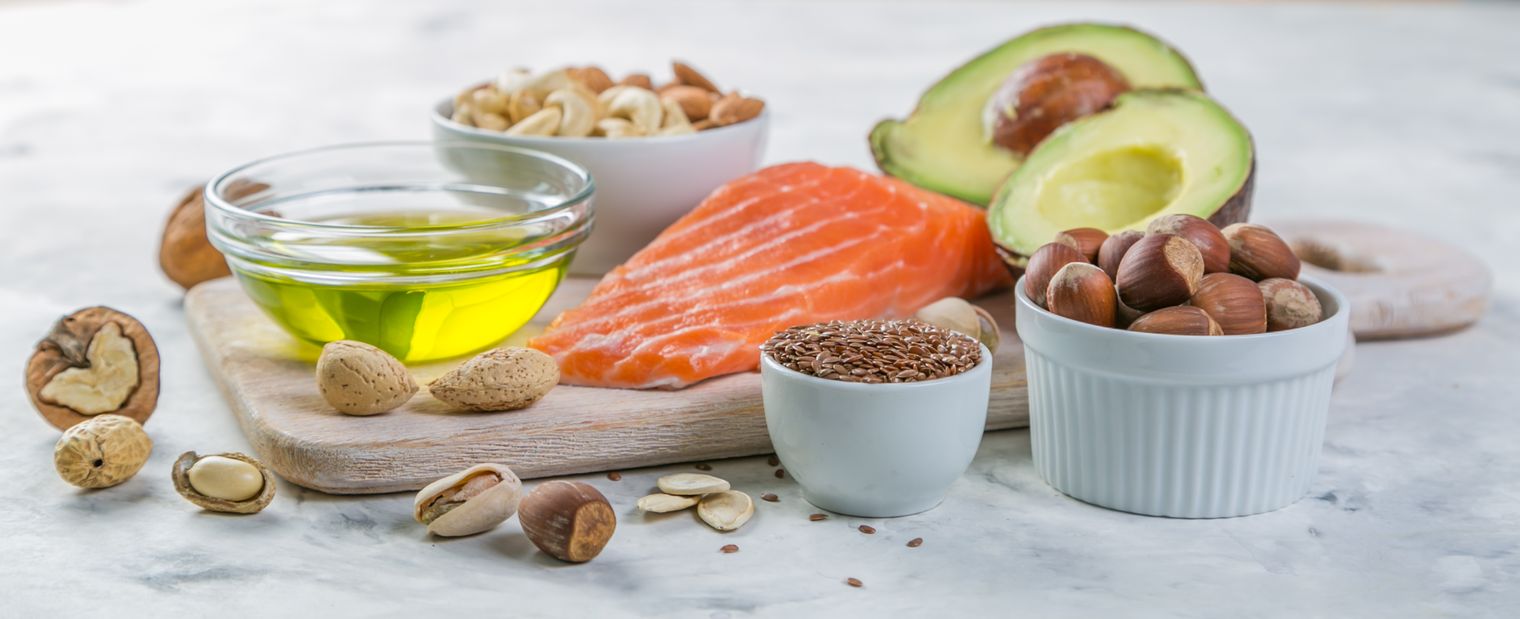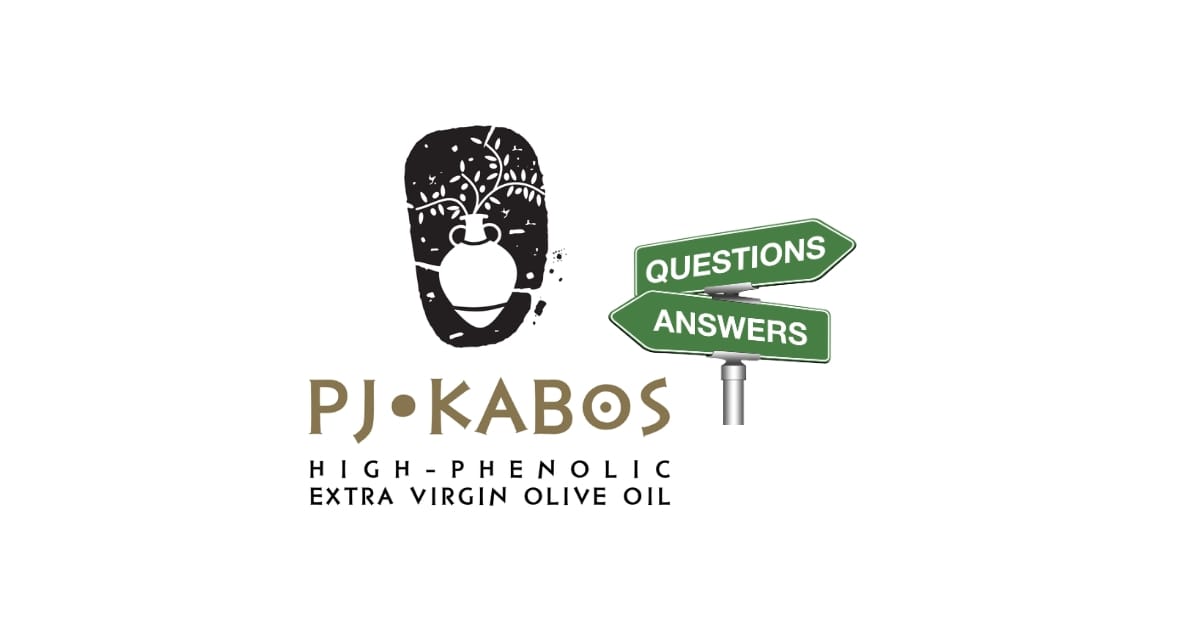Short answer: Yes, all types of olive oil can be considered keto-friendly.
The ketogenic diet is a notoriously high-fat diet that began gaining popularity around 2018 and it’s been going strong ever since. In fact, a recent survey conducted by the International Food Information Council (IFIC) found that the keto diet was the 3rd most popular diet of 2020.
The problem: Many people, while well intentioned, are loading their keto diets with the wrong types of fats and low-quality, high-fat foods—for example, refined vegetable oils and seed oils, loads of butter, and highly processed meats like bacon and sausage. These foods, in excess, may promote inflammation and other health problems.
But, balancing your keto diet with anti-inflammatory, polyphenol-rich fats such as olive oil, along with plenty of low-carb, non-starchy veggies, can make all the difference in your long-term health. Keep reading to learn why olive oil deserves a spot in a healthy keto diet.
First, what exactly is the keto diet?
The keto diet is a high-fat, low-carb, moderate-protein diet with the primary goal of making you a fat-burner instead of a sugar-burner. In other words, it’s formulated this way so your body transitions from using glucose as its primary form of fuel to using fat and ketones as its primary form of fuel. When this happens, you’ve entered a metabolic state called “nutritional ketosis,” which has been associated with a number of health benefits such as weight loss, balanced blood sugar, improved appetite control, and enhanced brain health.
In order to enter nutritional ketosis, the keto diet requires your daily food intake to follow a specific macronutrient breakdown—meaning, a specific percentage of your calories must come from fat, protein, and carbs in order for your overall diet to be considered keto. The typical macro breakdown of a standard ketogenic diet is as follows:
- 70% fat
- 20% protein
- 10% carbohydrate (this typically works out to around 50 grams of total carbs, or 20-30 grams net carbs)
While the emerging research suggests there are some benefits to a ketogenic diet, the research is mixed when it comes to keto’s ability to combat inflammation (and unchecked inflammation, in turn, can lead to a number of chronic health problems over time). For example, one study found that following a keto diet triggered shifts in the composition of the gut microbiome that lowered inflammation, while other research has found that adopting a keto diet is associated with increased inflammation and cholesterol.
Why olive oil should be a staple in any healthy keto diet.
So, what causes a keto diet to either promote or prevent inflammation? It likely comes down to the specific foods and fats that you’re eating—not just the macronutrient breakdown.
For example, some studies suggest that the saturated fats found in red meat, processed meats, butter, and other full-fat dairy products (which some people eat in excessive quantities on a ketogenic diet) may contribute to increased LDL “bad” cholesterol levels and inflammation when consumed in excess. On the other hand, polyunsaturated fats (such as omega-3 fatty acids) and monounsaturated fats from foods like salmon, olive oil, olives, nuts, seeds, and avocados have all demonstrated anti-inflammatory effects.
This is why prioritizing olive oil as one of your main added fat sources can be so beneficial, especially when it’s used to replace some of the highly processed fats (e.g. trans fats, vegetable oils, seed oils) or saturated fats (e.g. lard, butter, bacon) in your diet.
Not only will olive oil get you closer to that 70% fat threshold, but it’s one of the best sources of oleic acid, a type of heart-healthy monounsaturated fat that’s been associated with reduced inflammation, cancer prevention, improved cholesterol levels, and reduced risk factors for heart disease and type 2 diabetes.
Additionally, compared to other fat sources, olive oil contains an abundance of bioactive polyphenol compounds such as hydroxytyrosol, tyrosol, oleuropein, and oleocanthal, which have antioxidant properties and protective effects against oxidative stress. Other fats that are typically considered “healthy fats” such as avocado oil, ghee, grass-fed butter, and coconut oil don’t contain nearly as many beneficial bioactive compounds as olive oil.
How to use olive oil on a keto diet.
Olive oil can be used to boost your intake of healthy fats in several ways. Try these:
- Take a spoonful of high-quality extra virgin olive oil to start your day
- Drizzle extra virgin olive oil onto any keto meal as a flavor enhancer
- Use EVOO in homemade salad dressings and marinades
- Make olive oil your cooking oil of choice. It’s great for sautéing, roasting, light frying, and baking. And yes, even extra virgin olive oil stands up to high-heat cooking.
Bottom line.
While ramping up your fat intake is crucial for entering nutritional ketosis, the specific types of fats you consume could make all the difference in your long-term health. Stick to mostly unsaturated fats like olive oil, and consume refined oils and saturated fats in moderation.
Product placement
PJ KABOS 'Family Reserve Organic - Medium'
High Phenolic and 2022 Gold-Award Winner.
Declared as 'One of the World's Best Olive Oils'.
Click here to shop.





